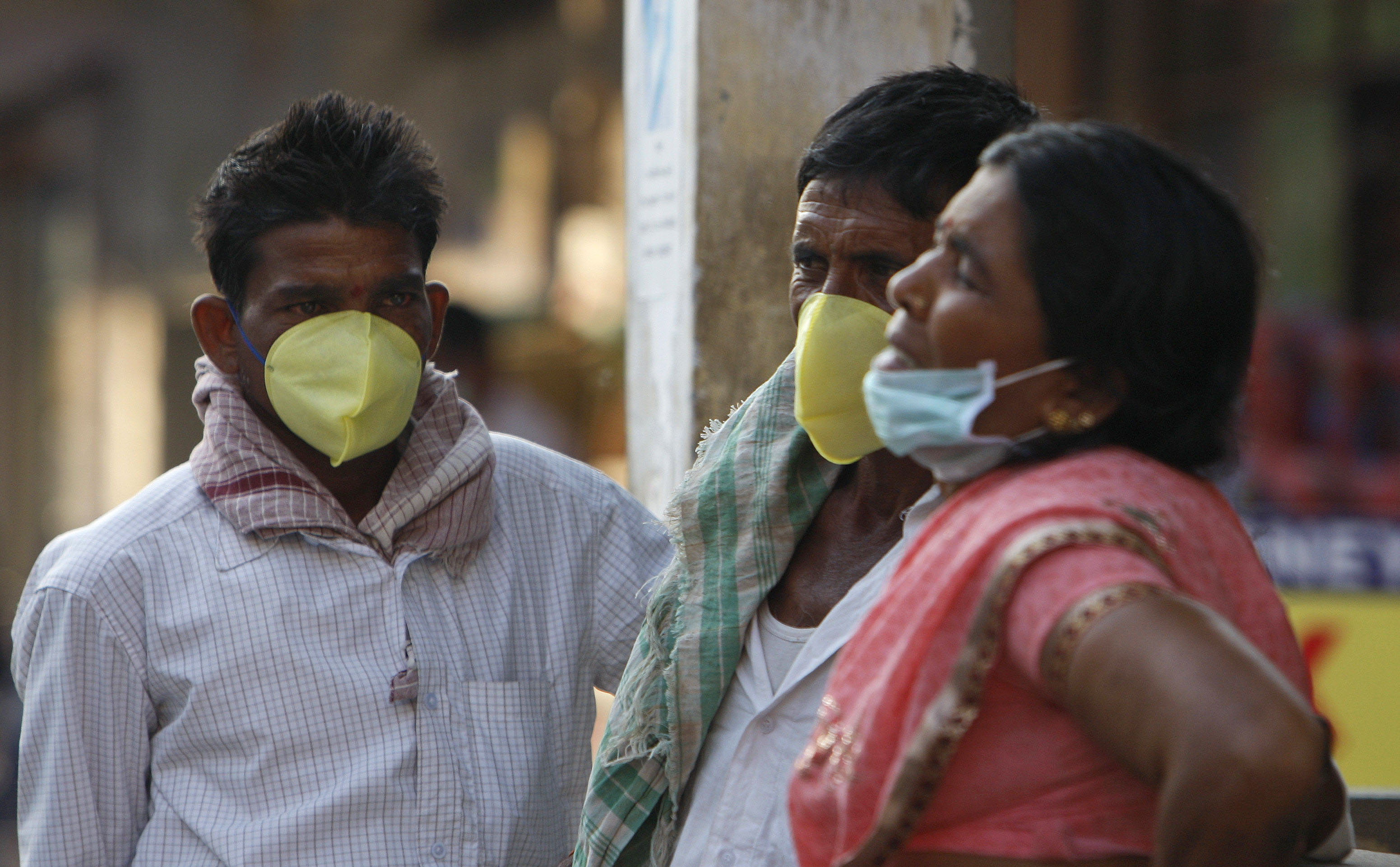A surge in swine flu infections has killed more than 800 people in India and is challenging health workers, who say the virus is harder to treat than the type that caused a global pandemic in 2009.
High-risk patients with the infection now need an average of 10 days of treatment with the anti-viral medicine oseltamivir, according to Om Shrivastav, director of the infectious diseases department at Jaslok Hospital in Mumbai. That is double the length of treatment in previous outbreaks, he estimates.
The H1N1 type of the influenza virus that is spreading in India is similar to the virus that caused the 2009 outbreak, which killed more than 18,000 people worldwide. India, whose public spending on health as a percentage of gross domestic product is among the lowest in the world, is racing to procure more antiviral drugs for its emergency stocks. The government is also launching an education campaign for prevention that includes promoting hand hygiene.



